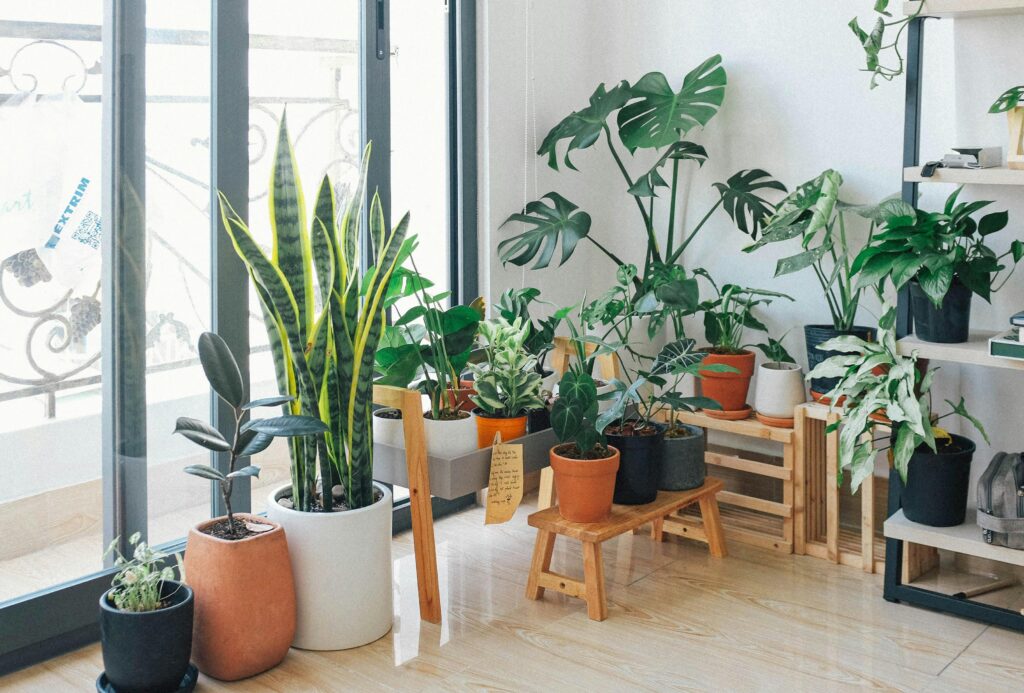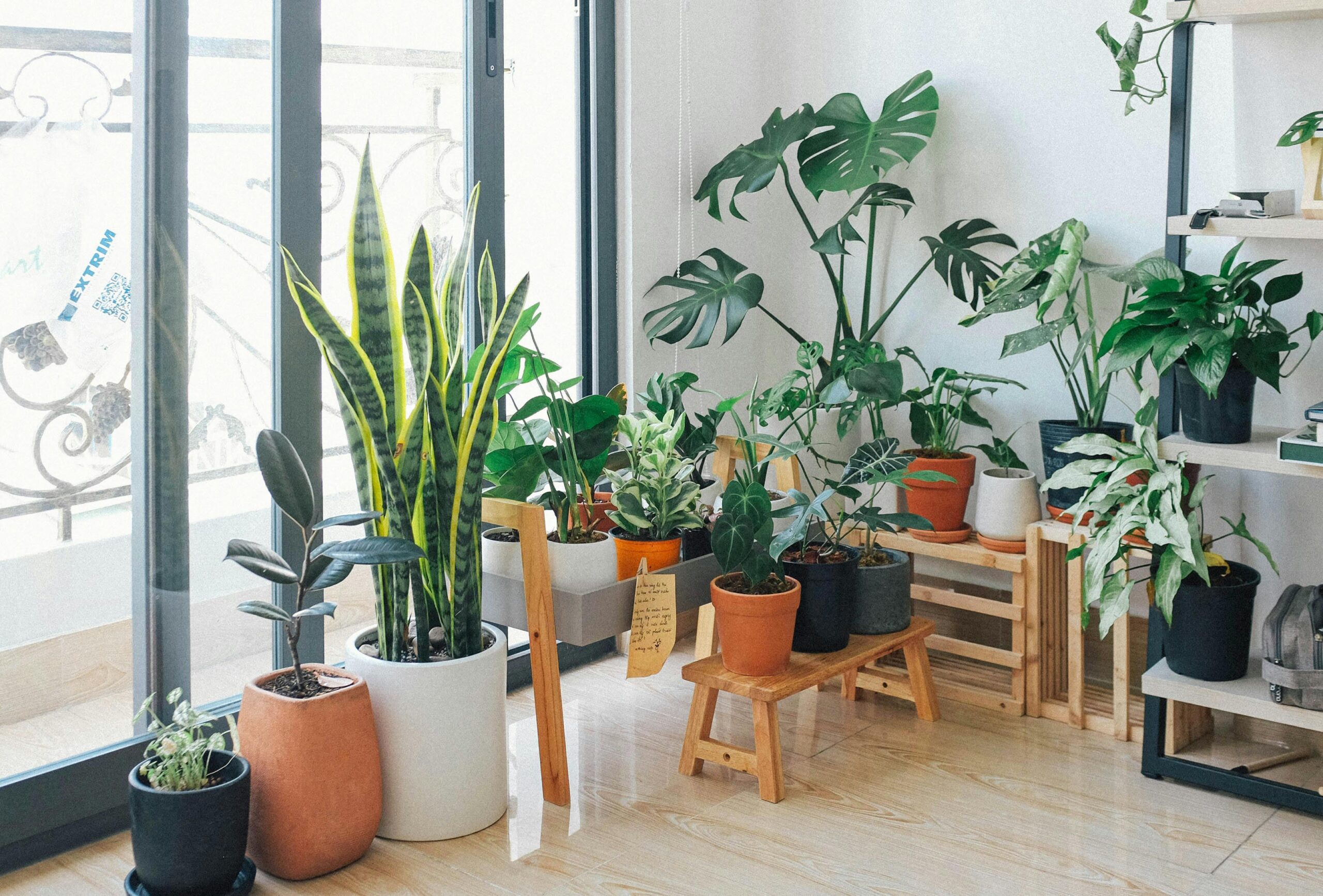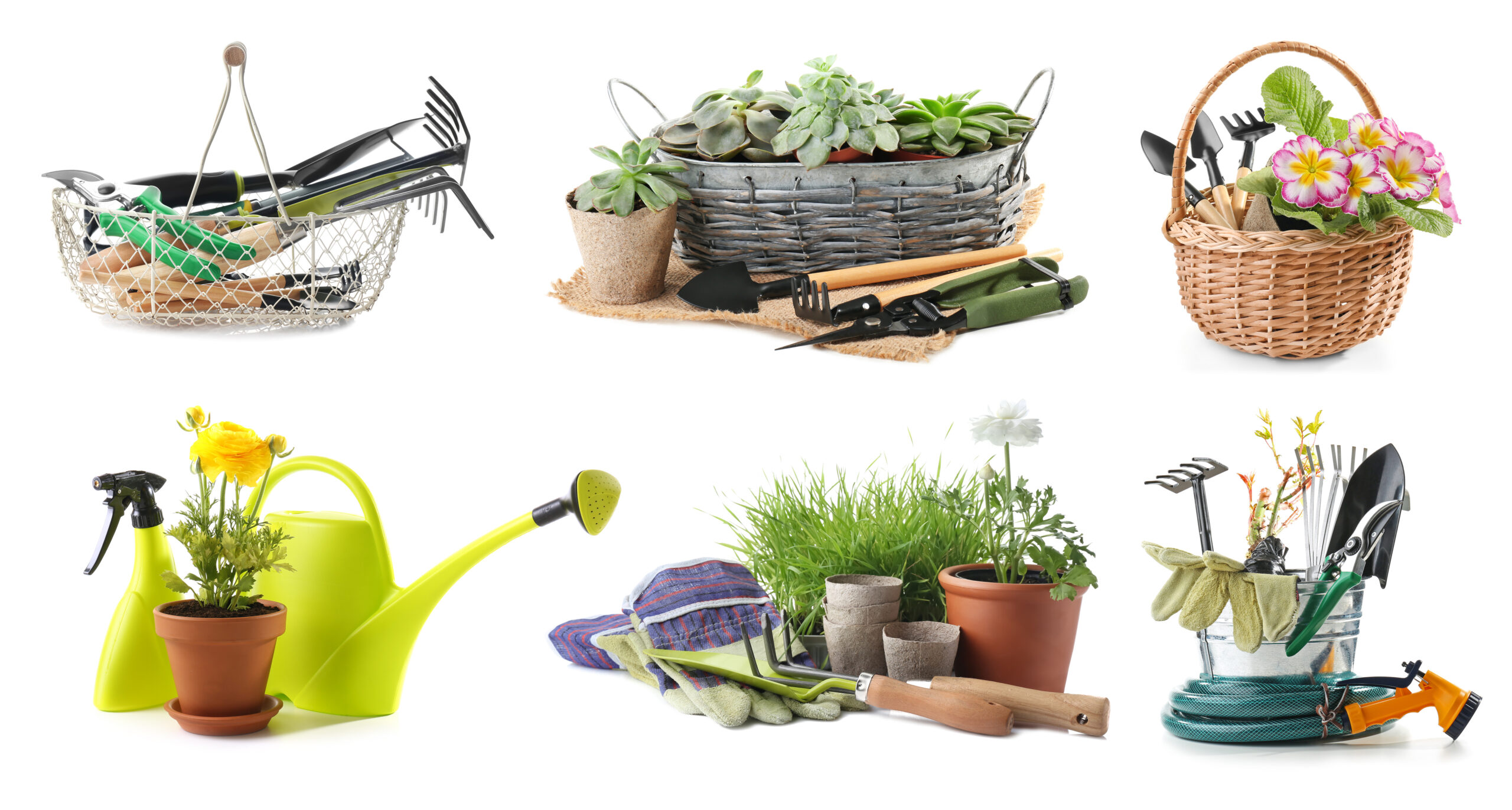
Designing with Nature in Mind
Permaculture, a design system rooted in the observation of natural ecosystems, offers a sustainable approach to gardening that works with, rather than against, nature. It emphasizes diversity, stability, and the resilience of natural ecosystems, applying these principles to the home garden. By observing and replicating the patterns found in nature, gardeners can create productive environments that are less labor-intensive and more harmonious with the ecosystem.
Building Soil Health Naturally
Healthy soil is the foundation of a productive garden. Permaculture encourages the development of rich, living soil through practices like composting, mulching, and avoiding chemical fertilizers and pesticides. Composting kitchen scraps and garden waste not only reduces landfill contributions but also enriches the soil with beneficial microorganisms. Mulching conserves moisture, suppresses weeds, and gradually improves soil structure, promoting a vibrant, healthy garden ecosystem.
Water Conservation Techniques
In permaculture, water is a precious resource to be conserved and used efficiently. Techniques such as rainwater harvesting, using swales to capture runoff, and drip irrigation can significantly reduce water usage. Designing your garden to include plants with similar water needs together can also minimize waste. Additionally, incorporating organic matter into the soil increases its water-holding capacity, ensuring that water is available to plants during dry periods.
Plant Selection and Placement
Choosing the right plants for your garden’s specific conditions and arranging them to support each other can reduce maintenance and improve yields. Permaculture emphasizes the use of native plants, which are adapted to the local climate and more resistant to pests and diseases. Companion planting, or placing plants together that benefit each other, can enhance growth, deter pests, and provide habitat for beneficial insects, creating a more resilient garden.
Creating Edible Landscapes
Permaculture principles can be applied to create edible landscapes that are both beautiful and productive. Integrating fruit and nut trees, vegetable gardens, and herbs into your landscape design not only provides fresh, organic produce but also creates habitats for wildlife, promotes biodiversity, and enhances the aesthetic appeal of your space. Edible landscapes are a practical and sustainable way to utilize all available gardening space effectively.
Encouraging Biodiversity
Biodiversity is key to a resilient garden. By planting a wide variety of species, gardeners can create a balanced ecosystem that is less susceptible to pests and diseases. Encouraging beneficial insects with plants that provide nectar and pollen helps to naturally control pest populations. Creating habitats such as birdhouses, bee hotels, and log piles can attract wildlife that plays a crucial role in pollination, pest control, and maintaining the health of the garden ecosystem.
Recycling and Reducing Waste
Permaculture promotes the recycling of resources and minimizing waste. This includes composting organic matter, repurposing household items as garden tools or planters, and using green waste as mulch. By finding creative ways to reuse and recycle, gardeners can reduce their environmental impact, save money, and support a more sustainable gardening practice.
Continuous Learning and Adaptation
Permaculture is a dynamic process that encourages continuous learning and adaptation. Observing the garden throughout the seasons, learning from successes and failures, and being open to experimenting with new techniques are essential aspects of permaculture gardening. This approach fosters a deep connection with the natural world and a greater appreciation for the role of gardeners in nurturing and sustaining the environment.
Applying permaculture principles to the home garden is not just about growing food; it’s about creating ecologically sound and viable systems that conserve resources and promote diversity and stability within the ecosystem. By adopting these principles, home gardeners can create productive, sustainable gardens that are in harmony with nature, providing benefits to the environment and the community.



